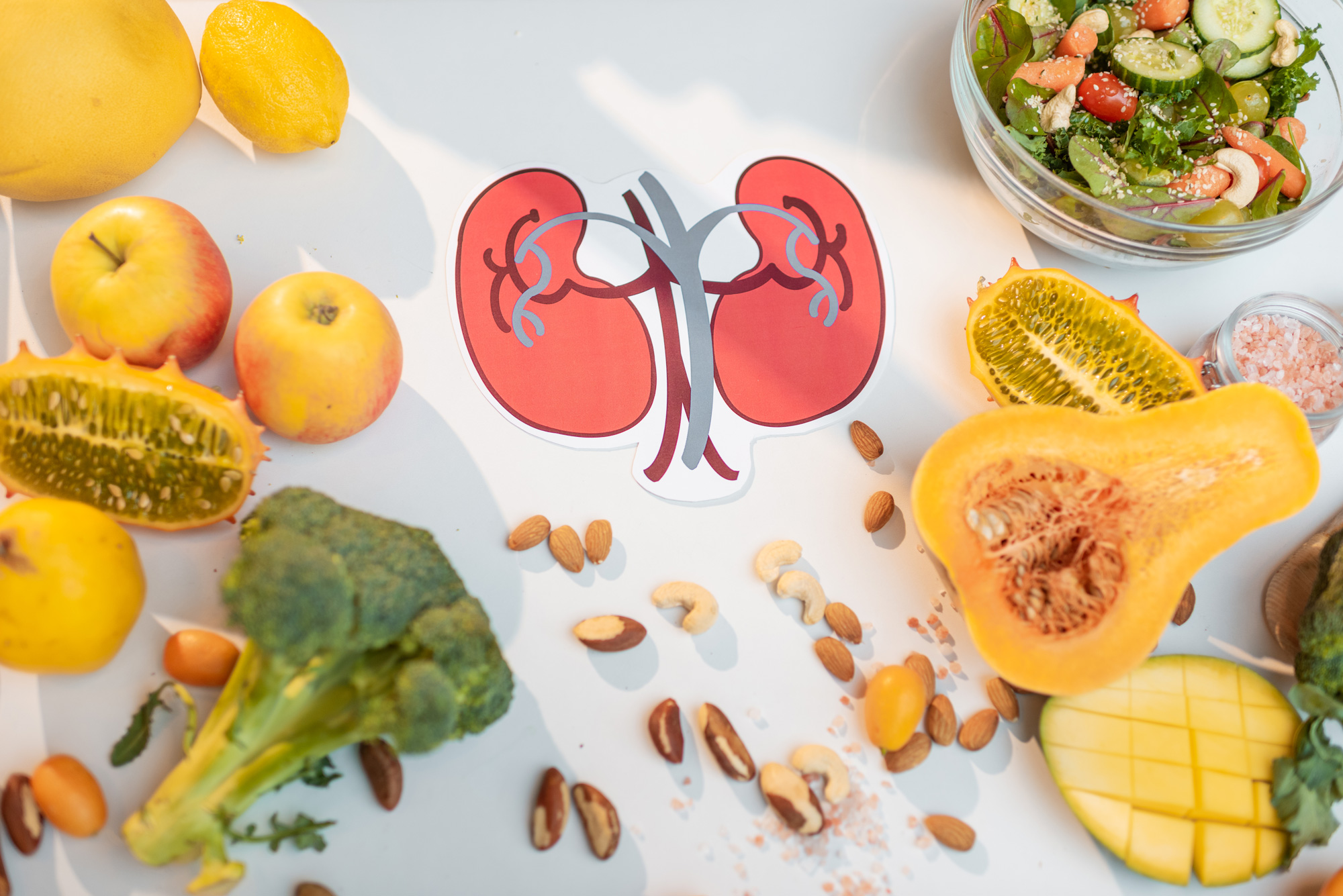
10 Mar March is National Kidney Month
March is National Kidney Month and it’s important to stay informed about the health of your kidneys. Poor kidney health can lead to more serious conditions like chronic kidney disease, high blood pressure, diabetes, and heart disease. That’s why taking care of your kidneys should be a top health priority. Here are ways you can keep your kidneys healthy this month and beyond.
Keep Active and Fit.
The first step in keeping your kidneys healthy is staying active and fit. Maintaining an active lifestyle not only helps prevent obesity but also reduces the risk of kidney disease. Regular physical activity strengthens your cardiovascular system and helps keep your blood pressure in check, which is important for maintaining good kidney health. Aim for at least 30 minutes of moderate activity five times a week.
Manage Your Blood Sugar.
High blood sugar levels can cause damage to the small blood vessels in the kidneys that filter out waste from the body, leading to kidney failure or other complications. If you have diabetes or pre-diabetes, make sure you take steps to control your blood sugar levels by eating a balanced diet, exercising regularly, and taking medications as prescribed by your doctor.
Monitor Blood Pressure.
High blood pressure has been linked to an increased risk for developing chronic kidney disease or other related conditions such as heart attack or stroke. To help keep your kidneys healthy, it’s important to monitor your blood pressure regularly and work with your healthcare provider to manage any hypertension issues you may have.
Monitor Weight & Eat a Balanced Diet.
A healthy diet is essential for keeping your organs functioning properly – including the kidneys! Eating a balanced diet rich in fruits, vegetables, whole grains, lean proteins, and low-fat dairy products is key for maintaining good overall health as well as proper kidney function. Additionally, monitoring weight is important because being overweight increases the risk of developing chronic diseases such as diabetes or high cholesterol that can lead to poor kidney health over time.
Drink Plenty of water.
Water helps clear sodium and toxins from your kidneys. It also lowers your risk of chronic kidney disease. How much water you need may vary based on many factors such as your life style, climate, overall health and habits. A general amount to aim for though is 55 – 65 ounces a day.
Keeping our kidneys healthy should be at the forefront of our minds when it comes to taking care of our bodies. Following the tips we’ve outlined above – from staying active and fit to eating a balanced diet – can help promote better overall health, and protect against various conditions linked directly with poor kidney function. Make sure you talk with your doctor if you have any questions about how best to keep your kidneys healthy!

